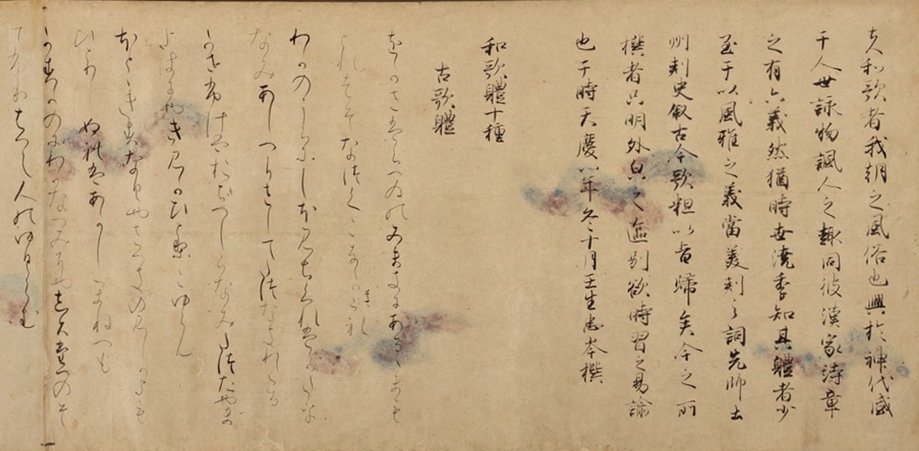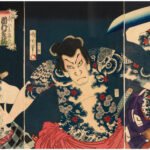In Japanese culture, expressing love follows a distinctly different aesthetic from Western traditions. Rather than direct declarations like “I love you in Japanese” (愛している – aishiteru), the culture values scenic metaphors, poetic implications, and the beauty of unspoken emotions. This represents the depth and delicacy of language that the Japanese have cultivated throughout their long history.
Today, these stylish expressions are gaining renewed attention as motifs for tattoos (Irezumi), smartphone wallpapers, and artistic designs. This article introduces designers and artists to the expressions of love found in Japanese literature, classics, and proverbs, along with their cultural backgrounds.
Literary Expressions of Love
Modern Japanese literature contains famous translations of “I love you in Japanese” that showcase unique Japanese sensibilities. These go beyond mere translation to reflect the essence of how Japanese people express affection.
“The Moon is Beautiful” – Natsume Soseki’s Japanese Aesthetic
The most famous example involves an anecdote about Natsume Soseki, who was both a novelist and scholar of English literature. When a student translated “I Love You” as “我君を愛す” (ware kimi wo aisu – I love you), Soseki reportedly commented, “Japanese people don’t express love so directly. Translating it as ‘The moon is beautiful tonight’ (月が綺麗ですね – tsuki ga kirei desu ne) would suffice.”
While the authenticity of this anecdote is debated, what matters is that this expression deeply resonates with modern Japanese sensibilities and remains widely beloved. Conveying emotions through scenic description represents the essence of Japanese literature and the origin of these stylish expressions.
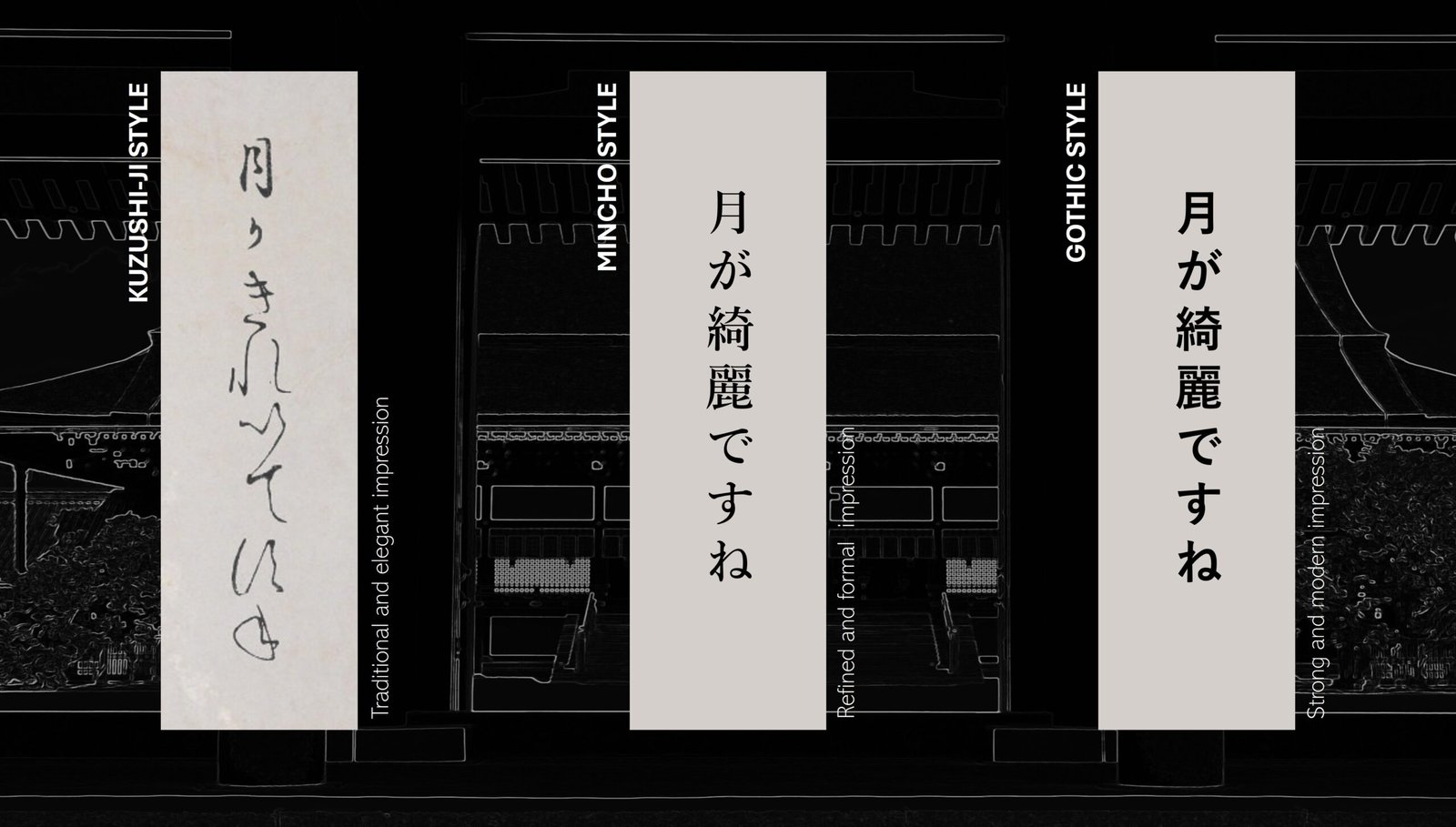
“I Could Die” – Futabatei Shimei’s Passionate Interpretation
In contrast, contemporary writer and translator Futabatei Shimei, when translating Turgenev’s “First Love” (originally “Asya”), rendered the word “ваша (yours)” as “死んでもいいわ” (shinde mo ii wa – I could die). This bold translation brilliantly captures the ecstasy at love’s peak.
This passionate phrase, contrasting with Soseki’s serene expression, demonstrates the diversity in Japanese expressions of love. Both phrases have become popular choices for tattoo arts (Irezumi) among those seeking unique ways to express “I love you in Japanese.”
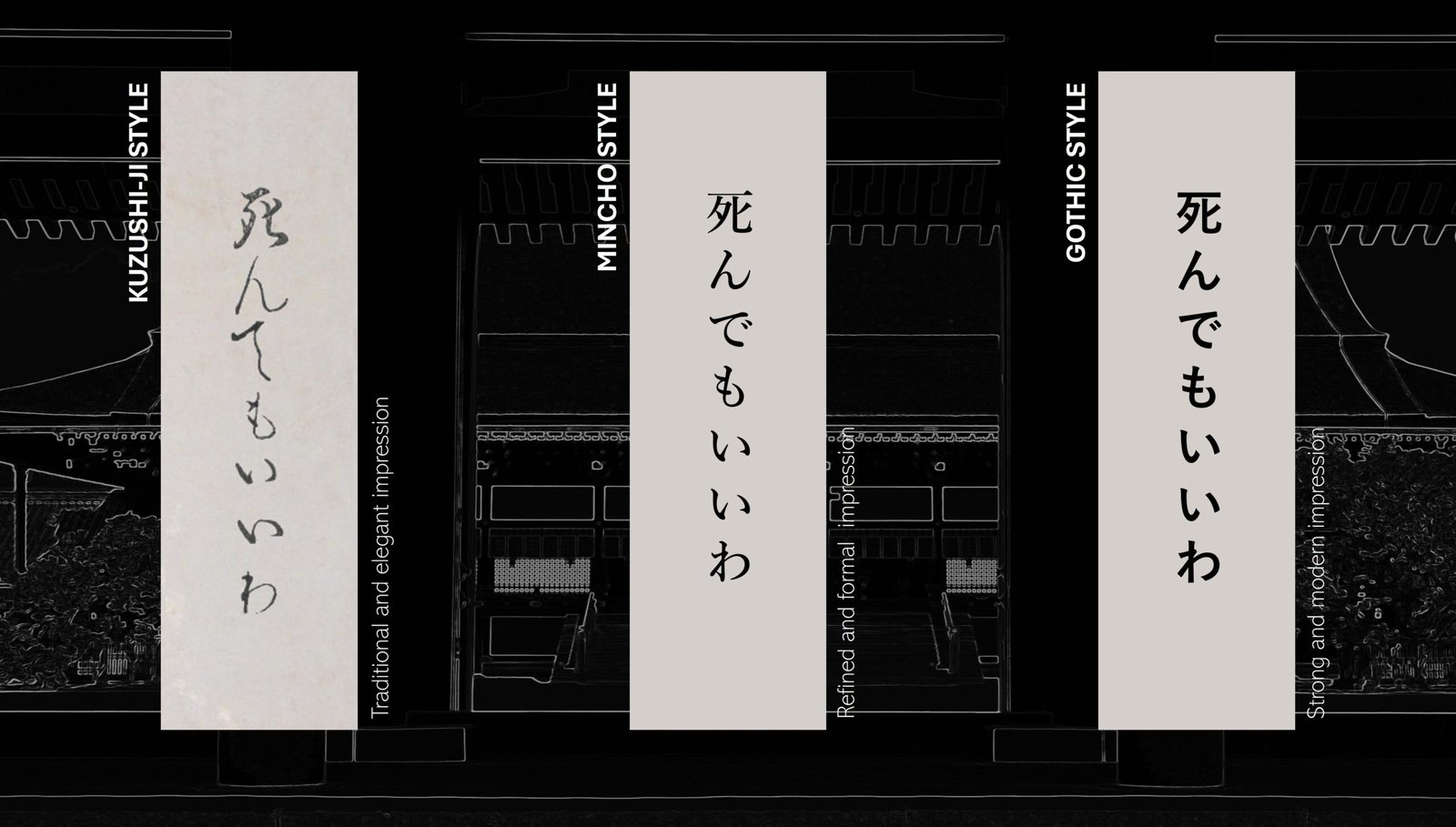
Love in Waka Poetry and the Hyakunin Isshu
Waka poetry, with over a thousand years of history, contains numerous love poems that resonate across ages. The love poems in the Hyakunin Isshu (One Hundred Poets, One Poem Each) particularly captivate modern audiences with their condensed expressive power. These ancient verses offer profound ways to say “I love you in Japanese” that work beautifully as stylish Japanese for artistic purposes.
“Long, Long Night” – Expressing Solitude and Yearning
The 3rd poem in the Hyakunin Isshu by Kakinomoto no Hitomaro reads:
“あしびきの / 山鳥の尾の / しだり尾の / ながながし夜を / ひとりかも寝む”
Ashibiki no / yamadori no o no / shidari o no / naganagashi yo o / hitori kamo nemu(Like the dragging tail of the mountain pheasant, trailing and trailing, through the long, long night, must I sleep alone?)
The expression “long, long night” (ながながし夜 – naganagashi yoru), compared to a mountain bird’s long tail, masterfully overlays visual imagery with emotional content—the epitome of a stylish expression.
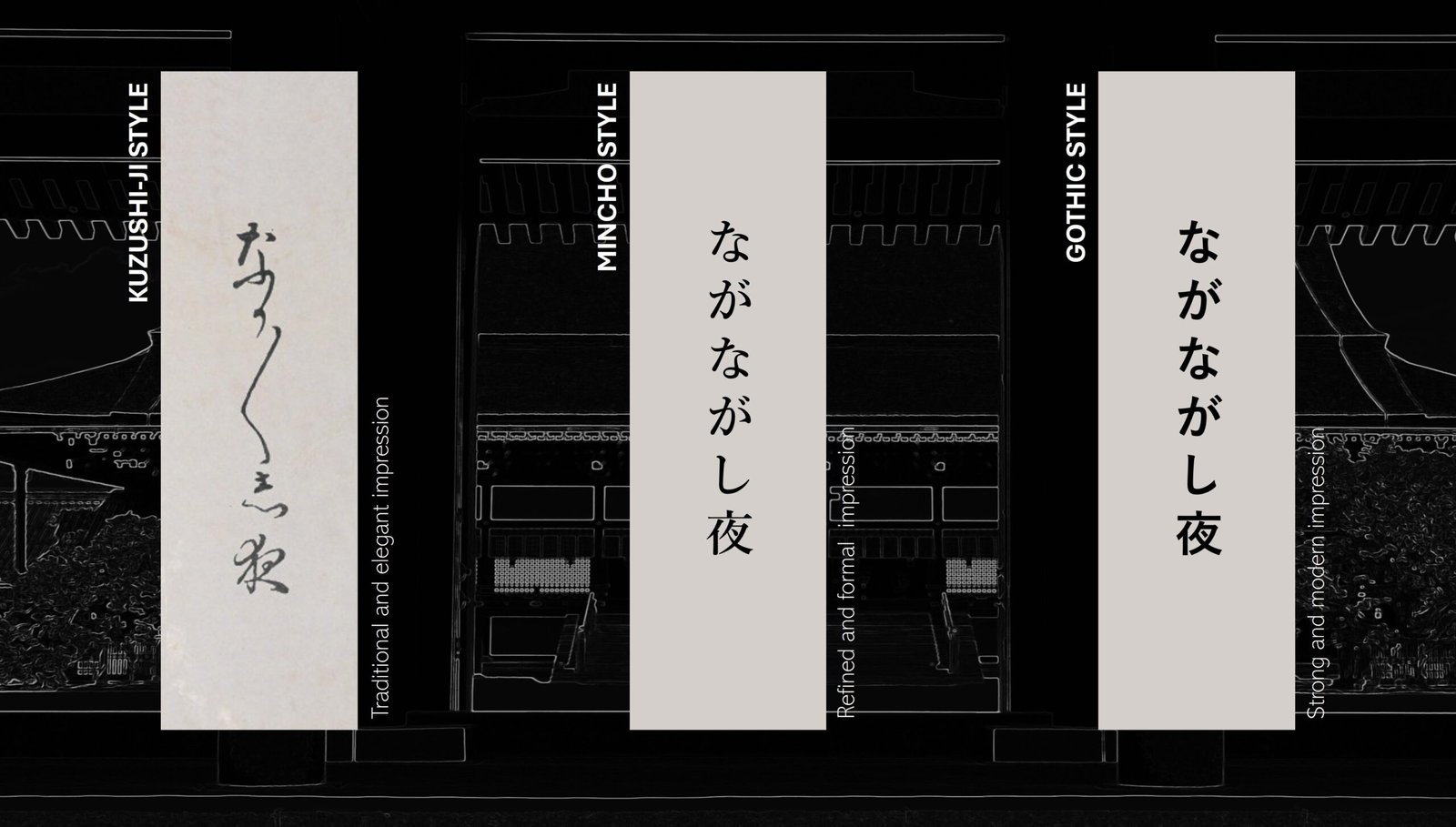
“For Your Sake” – Devoted Love
Poem 50 by Fujiwara no Yoshitaka:
“君がため / 惜しからざりし / 命さへ / 長くもがなと / 思ひけるかな”
Kimi ga tame / oshikarazarishi / inochi sae / nagaku mogana to / omoi keru kana(For your sake, I would have given my life without regret, but now that we’ve met, I wish to live long).
The phrase “for your sake” (君がため – kimi ga tame) expresses ultimate devotion in just three syllables, touching hearts even today as a powerful way to say “I love you in Japanese.”
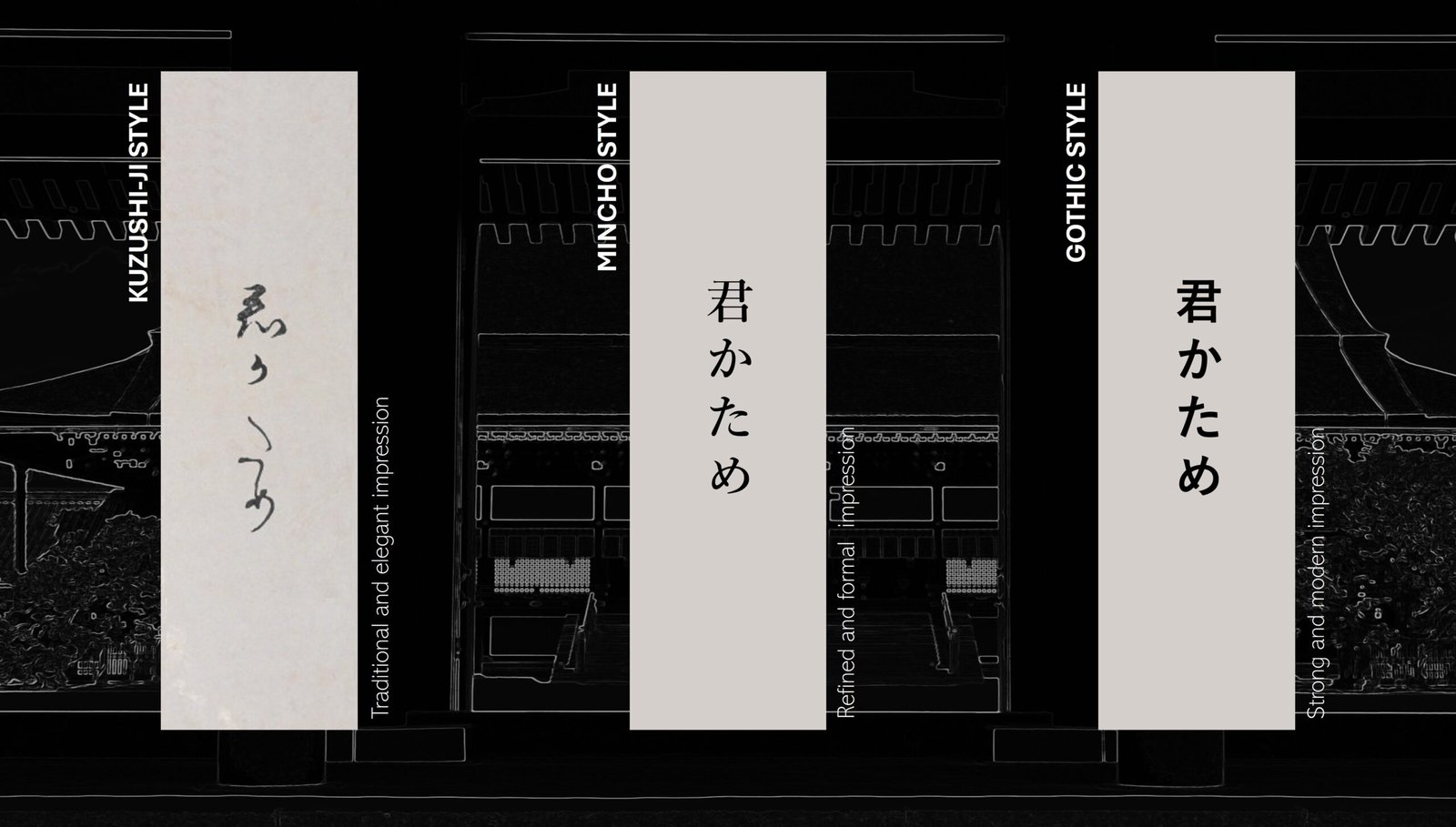
“Burning Thoughts” – Metaphor for Passion
Poem 51 by Fujiwara no Sanesada:
“かくとだに えやはいぶきの さしも草 さしも知らじな 燃ゆる思ひを”
Kaku to dani / e ya wa Ibuki no / sashimo-gusa / sashimo shiraji na / moyuru omoi o(I cannot even tell you this—like the mugwort of Mt. Ibuki, you do not know of my burning thoughts).
The expression “burning thoughts” (燃ゆる思ひ – moyuru omoi) uses nature’s workings as a brilliant metaphor for passionate love, creating another stylish expressions perfect for artistic interpretation.
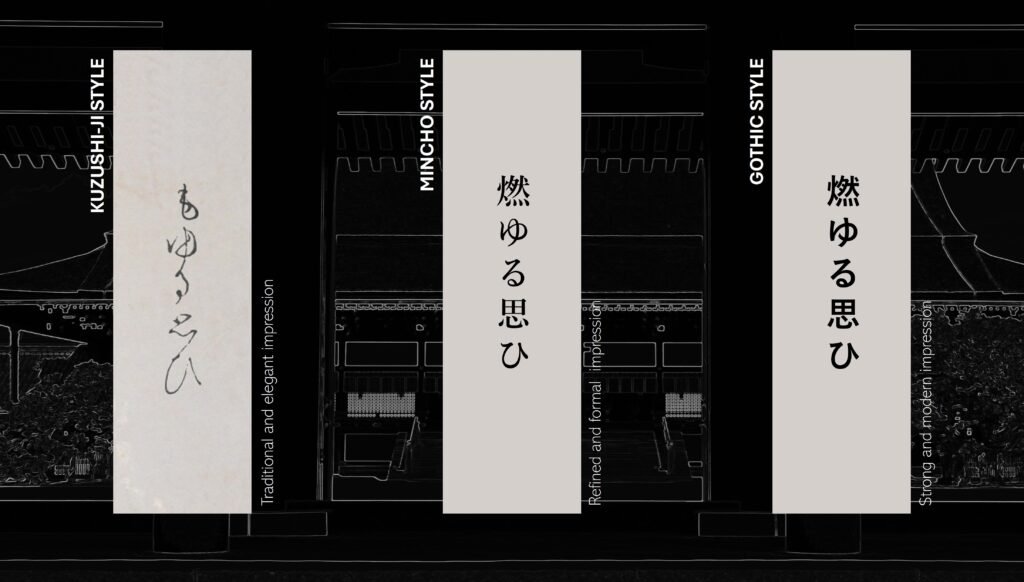
The Resonance of Love in Yamato Kotoba
Yamato kotoba (大和言葉) refers to native Japanese words that existed before the introduction of Chinese loanwords and foreign vocabulary. Their soft sounds and profound meanings create unique beauty in expressing love. These words continue to be used as poetic expressions and design materials, offering authentic ways to convey “I love you in Japanese.”
Hidden Feelings
- Uragoi (心恋): Secret love that cannot be expressed openly
- Koi no hotaru (恋の蛍): Comparing restrained yet burning love to a silent, glowing firefly
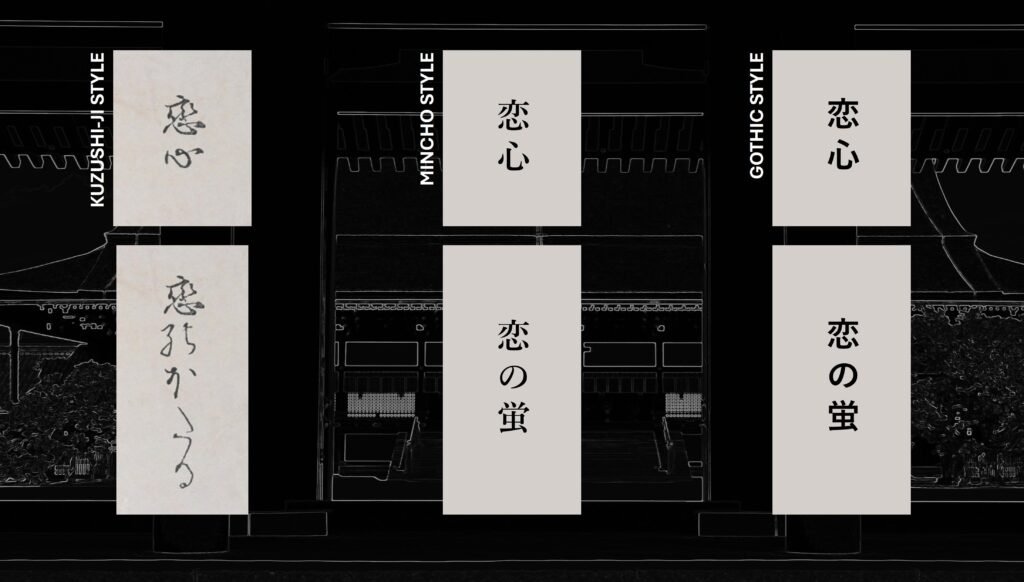
Depth of Affection
- Itsukushimu (慈しむ): To cherish with deep affection
- Itooshii (愛おしい): Deep love for an irreplaceable existence
- Koi shitau (恋い慕う): Yearning to meet someone with sincere longing
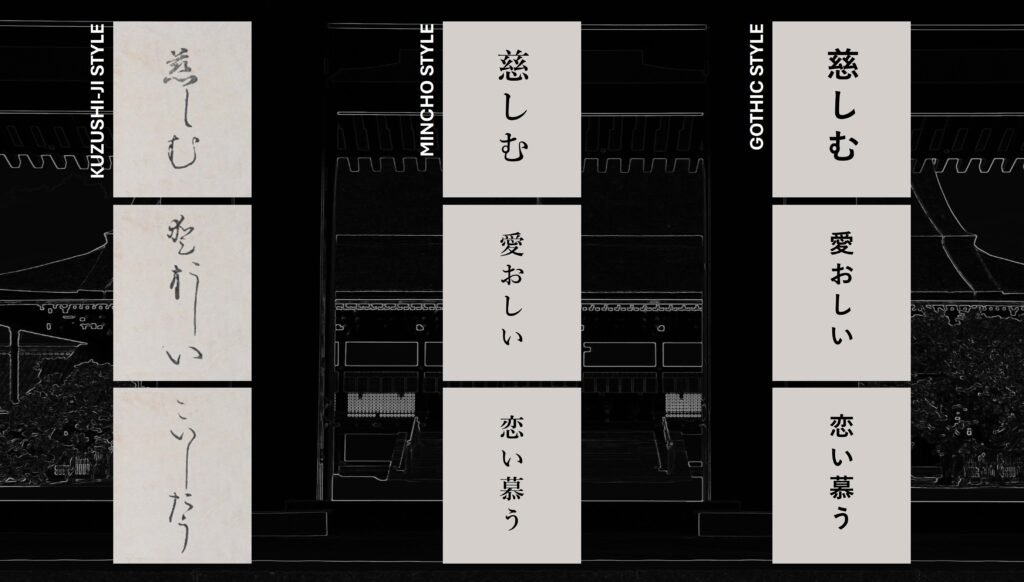
Devoted Feelings
- Ichizu (一途): Single-minded devotion to one thing
- Koimusubi (恋結び): Tying knots while praying to gods that relationships remain unbroken despite distance
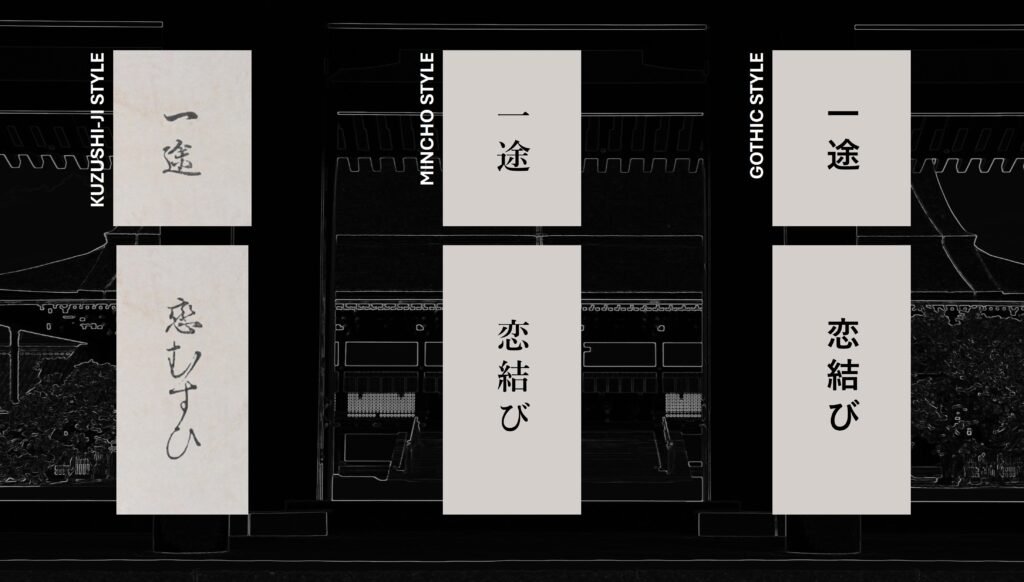
These Yamato kotoba expressions offer elegant alternatives for those seeking stylish expressions to express “I love you in Japanese” in their Artistic Japanese Tattoo (Irezumi) or design work.
Love’s Truth in Japanese Proverbs
Japanese proverbs contain universal truths about love and affection. These words, while concise, contain deep insights and carry powerful messages as design materials.
- “Omoeba Omowaruru” (思えば思わるる)
This proverb expresses love’s reciprocity: if you truly love someone from your heart, they will love you in return. Though simple, it pierces to the essence of human relationships. - “Aien Kien” (合縁奇縁)
Meaning that meetings and connections between people all occur through mysterious fate. This four-character compound is often used to express fateful encounters and represents another sophisticated way to conceptualize “I love you in Japanese.”
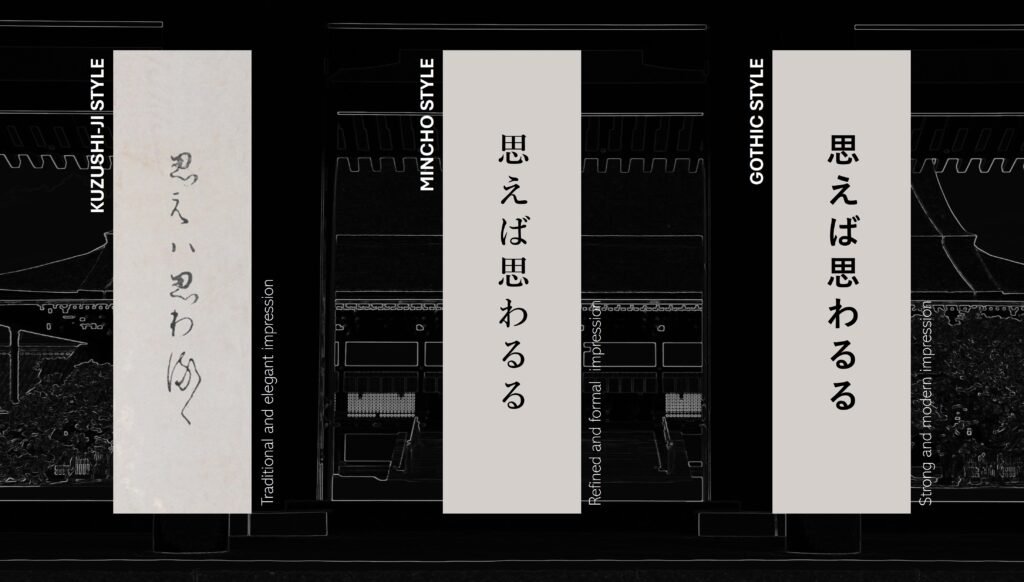
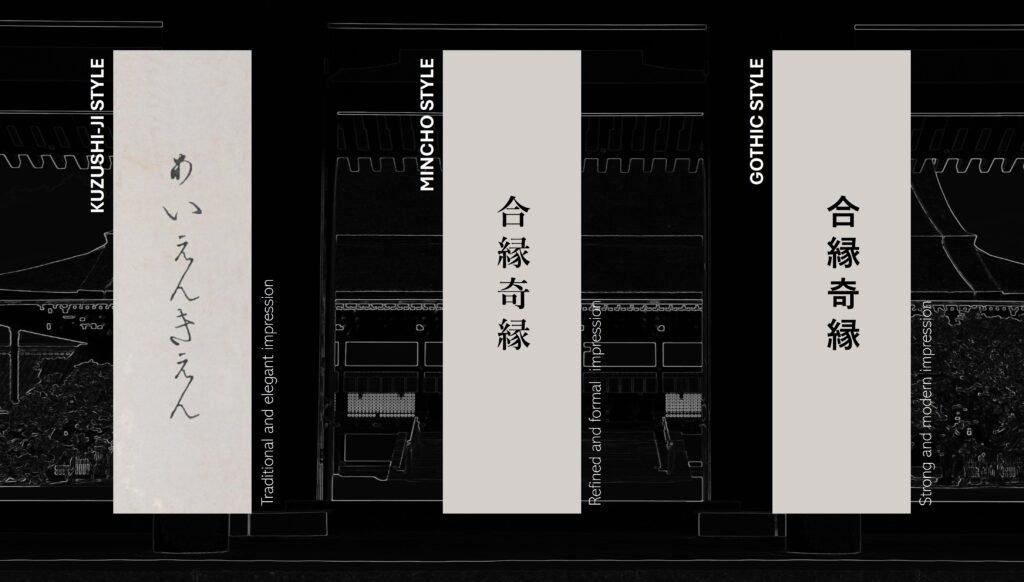
Application in Design and Contemporary Significance
These stylish expressions hold great potential in contemporary design. In tattoo art (Irezumi), expressing these phrases in kuzushi-ji (cursive script) or sosho-tai (grass script) can fusion classical beauty with modern sensibility. For smartphone wallpapers and artwork, these words simultaneously provide deep meaning and visual beauty.
For overseas designers and those interested in Japanese culture, these expressions serve as windows to understanding Japanese spirituality rather than mere decoration. When incorporating ways to say “I love you in Japanese” into Tattoo art (Irezumi) or other designs, understanding the cultural depth behind each phrase adds authenticity and respect to the work.
Conclusion: The Eternal Beauty Residing in Words
Japanese stylish expressions of love possess a unique aesthetic that conveys deeper feelings while avoiding direct emotional expression. This tradition has been passed down through generations and continues to live on in new expressive mediums today.
When designers and artists incorporate these words into their work, it’s crucial to understand their cultural backgrounds and handle them with respect. By doing so, their creations will possess deeper meaning and beauty. Whether you’re designing a Japanese Tatoo (刺青 – Irezumi) or creating digital art, these alternative ways to say “I love you in Japanese” offer profound artistic possibilities.
Words are not mere symbols but mirrors reflecting a nation’s soul. Japanese expressions of love, precisely because they are indirect, carry deeper resonance and stimulate the imagination of viewers and readers. This aesthetic of negative space represents the essence of Japanese culture and explains why it fascinates people worldwide.
In today’s globalized world, these expressions are beginning to hold new value. In the realms of social media and digital art, these words—simple yet profoundly meaningful—serve as ideal materials that provide both visual impact and spiritual depth. The world of Irezumi particularly values the permanence and universality these words possess.
The phrase “The moon is beautiful tonight” appears simple at first glance, yet its duality as a profound confession of love gives it special meaning as words to be etched on the body. This sophisticated approach to expressing “I love you in Japanese” through stylish expressions continues to inspire artists and individuals seeking meaningful tattoo designs.
Finally, when using these stylish expressions, it’s essential to respect their cultural background and use them in the correct context. Japanese expressions of love are not mere decorations but are built upon over a thousand years of accumulated history and culture. Understanding this depth transforms a simple Irezumi or design into a meaningful work of art that truly captures the essence of saying “I love you in Japanese.”
The beauty of these expressions lies not just in their aesthetic appeal but in their ability to convey complex emotions through simplicity. Whether you’re a tattoo artist looking for authentic Japanese phrases, a designer seeking inspiration, or simply someone interested in the various ways to express “I love you in Japanese,” these stylish expressions offer a rich tapestry of possibilities.
From the literary interpretations of Soseki and Futabatei to the timeless verses of the Hyakunin Isshu, from the gentle sounds of Yamato kotoba to the wisdom of ancient proverbs, each expression carries its own unique flavor and emotional weight. These are not just alternative translations but windows into the Japanese soul, offering insights into a culture that values subtlety, context, and the unspoken as much as the spoken word.
As you explore these expressions for your Tattoo (Irezumi) designs or artistic projects, remember that each phrase is a living piece of cultural heritage. They represent not just ways to say “I love you in Japanese” but embody centuries of poetic tradition, aesthetic philosophy, and emotional depth that continue to resonate in the modern world.
References

